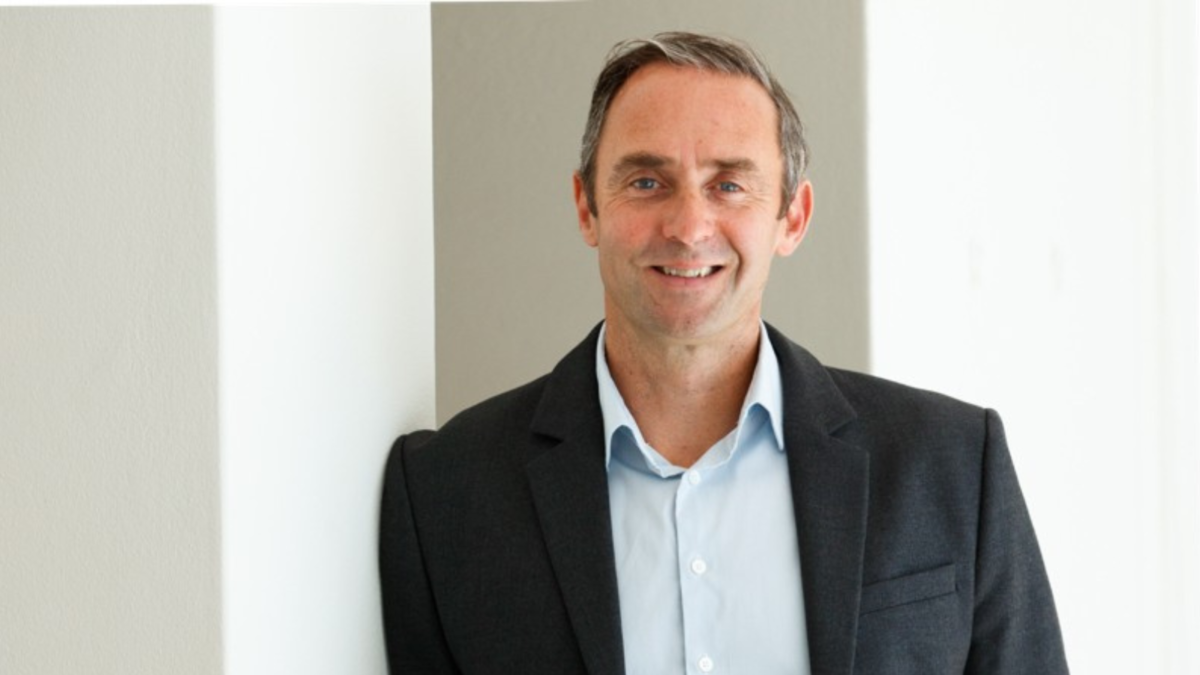‘Take some of those punts’: Super fund CIOs prepare for the fire sale
“I don’t think anything is what I’d call cheap; certainly things are less expensive,” Kristian Fok, Cbus CIO, told the Morningstar Investment Conference on Thursday (October 12). “We’re preparing ourselves to be able to allocate – we still think there’s a bit more disruption to go, but basically we’ve still got a situation where the sellers of assets are still anchored in the past and the buyers of assets – like us – are looking more towards where we expect things are going. And there’s a bit of a gap.”
“For us, it’s important to be patient but also fairly close to the ground to see where we can fit in. It’s quite possible that as the correction continues the sellers of assets will be less wanting to sell as needing to sell. And so that’s where we’re positioning ourselves.”
But Cbus is doing a “lot of work” around hypothetical opportunities, Fok says, especially in housing, where investors have yet to see the full impact of rate rises and a slew of other pressures.
“People are reacting now but their actions take a bit of time,” Fok said. “Let’s look at housing – we’ve got interest rate rises causing issues in the housing market, but we’ve also got issues around building construction and approvals. And then we’re also looking at bringing on immigration again.”
“So we have this interesting set of circumstances where we’ll probably want to start something – maybe not quite now, because not all the elements are lining up – but once you start to see some calling in terms of pressures on building the elements start to line up and you need to have things ready and kicking off early.”
Meanwhile, Rest has been cautiously moving out of equities and into fixed income (only a “couple of per cent”) in its default MySuper product, drawn by more attractive bond yields. And CIO Andrew Lill (photo at top) touted Rest’s agricultural investments, first devised more than 15 years ago, as having benefitted from the natural disasters and general anxieties over food security that have seized Australia in the last two years (though Lill concedes that the nature of Australian agriculture means it could be worth half as much again pretty quickly).
“The time horizon we know the majority of our members have means that when you think about relative value or what’s cheap you can go into areas of thesis about how the world will change into the future from how it is today,” Lill said. “Many models of expensive or cheap assume that things broadly stay the same… We didn’t know, 30 years ago, that there would be the likes of Amazon, Apple, Tesla around at the prices they are today. You’ve got to try and take some of those punts.”
“It’s been a really tough journey. I know there’s been some times when those involved have thought “Why did we ever do this and if we could find a buyer we’d be out”. But today we have a portfolio that is valued at close to a billion dollars – just over one and a half per cent of our portfolio – and we’re the second largest grain grower, by size and value, in Australia.”
Lill also tamped down on concerns about liquidity in bond markets and suggestions that the blow-up in the UK pension system could reoccur in Australia’s defined contribution systems, saying “it’s harder to see the catalyst for that particular event happening in Australia.”
“Obviously central banks are reversing quantitative easing and doing quantitative tightening which means they’re looking to sell the bonds on their balance sheet to somebody, and that means somebody has to come in and buy them,” Lil said. “And if across the world everybody is trying to avoid buying bonds and is actually trying to sell, you need someone to take that liquidity.”
“We think in Australian government bonds and higher quality forms of debt – investment grade – that there’s still a very liquid market and a tremendous lot of buyers that aren’t going to be influenced by central bank policy particularly… But cash is always king, and in this particular environment it’s fortunate for those funds that are still seeing monthly, quarterly positive cash flow from the result of mandatory contributions, it’s one of the strongest tools you have in your kitbag.”











